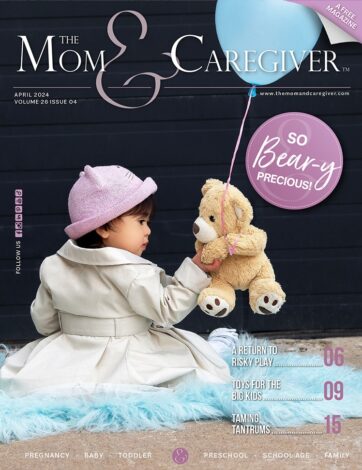Belly Rubs and Consent
Have you ever been tickled, and laughed despite not wanting to be touched? For the tickler, it may seem like you’re having fun. You’re laughing, after all! However, without communication and consent, it can be a very distressing experience for the recipient.
This is similar to the distress we can cause by petting a dog who does not want to be pet. Unlike humans, our pups don’t have the ability to say, “Stop!” so we must rely on their non-verbal signals to tell us if they’re enjoying the interaction or if it’s making them uncomfortable.
For example, puppy kisses and belly-presenting can both be signs of affection and consent, but did you know that they can also be indicators that your dog is trying to submissively ask for space? In order to determine the context of an interaction, look for other body clues.
Signs your dog is saying, “Yes, keep petting me!”
- They move their body closer to you or lean in for contact
- Their face is loose with relaxed lips
- Their eyes are soft with normal pupils
- Their ears rest in their natural position
- Their body is relaxed and tail is loose or slightly wagging
Signs your dog is saying, “Please stop!”
- They move or lean away from you
- They turn their head away or avert their gaze
- They show the whites of their eye (called “whale eye”)
- Their mouth is tense, yawning, or they’re licking their lips
- Their body is rigid and their tail is tense or tucked
Not all of the “no” signals have to be present in order to indicate stress. If your dog shows even one or two of these behaviours, they’re telling you they’re uncomfortable. Remember not to punish your dog for showing subtle signs of discomfort, or even for more direct signals like lip raising or growling. Teaching a dog not to show these “warning” signals is like taking batteries out of a smoke alarm!
Just like a child may prefer a wave or a high-five over a goodbye hug, sometimes our furry family members don’t want their bodies touched either. When we learn to respect our dogs’ boundaries, and especially when we teach our children to do the same, we both keep our families safe and model the importance of consent. After all, everyone deserves to feel safe!
Dr. I. Wonder is here to answer your questions regarding your furry family members. If you have a question, email it to us at danielle@NeighbourhoodPetClinic.com. Our team at Neighbourhood Pet Clinic will tap into their collective experience to answer your various questions.














